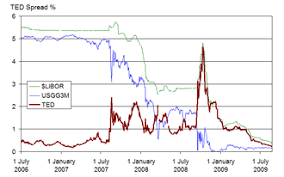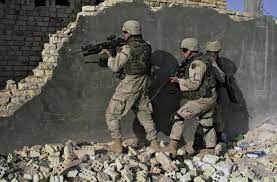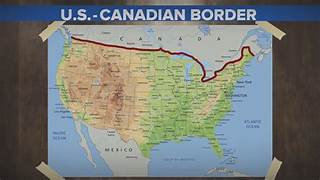The Suez Crisis of 1956 was a significant event in international relations that unfolded against the backdrop of the Cold War. It involved a complex web of political, military, and economic factors and brought the United Nations (UN) to the forefront as a mediator and peacekeeping force.
The crisis began on October 29, 1956, when Israel, with the support of France and the United Kingdom, launched an invasion of Egypt. The primary objective of this military action was to regain control of the Suez Canal, which had been nationalized by Egyptian President Gamal Abdel Nasser earlier that year. The canal was a vital waterway for international trade, connecting the Mediterranean Sea to the Red Sea.
The invasion provoked global condemnation, and the situation quickly escalated. The Soviet Union, aligned with Egypt, threatened military intervention, raising the specter of a direct confrontation between the superpowers. The crisis became a test of the UN's ability to resolve conflicts peacefully and maintain international stability.
Under mounting pressure, the three invading nations agreed to a ceasefire on November 6, 1956. The UN, led by Secretary-General Dag Hammarskjöld, stepped in to broker a peace agreement and oversee the withdrawal of foreign troops. The UN Emergency Force (UNEF) was established to help maintain peace and stability in the region.
The Suez Crisis marked a turning point in the role of the UN in international conflicts. It was one of the first instances where the organization actively intervened in a dispute between nations, deploying peacekeeping forces to ensure compliance with international law and prevent further escalation.
The crisis also highlighted the growing influence of the newly independent nations of the Global South. Many of these countries, particularly those in Africa and Asia, strongly supported Egypt's struggle for sovereignty over the Suez Canal. They saw the invasion as a violation of national sovereignty and a remnant of colonialism.
The United States, initially sympathetic to the invasion, shifted its stance as the crisis unfolded. Faced with the prospect of a wider conflict and Soviet intervention, President Dwight D. Eisenhower pressured the invading nations to withdraw their forces. The United States also threatened economic repercussions, which played a significant role in convincing France and the United Kingdom to comply.
The Suez Crisis had far-reaching consequences. It marked the decline of the colonial powers' influence in the Middle East and Africa and highlighted the emergence of new regional power dynamics. It also strained relations between Western powers and the Arab world, fueling anti-Western sentiments and giving rise to pan-Arab nationalism.
Additionally, the crisis led to a reevaluation of the concept of "peacekeeping" within the UN. The successful deployment of UNEF in the region set a precedent for future UN peacekeeping missions, with the organization playing an increasingly active role in resolving conflicts and maintaining global peace and security.






